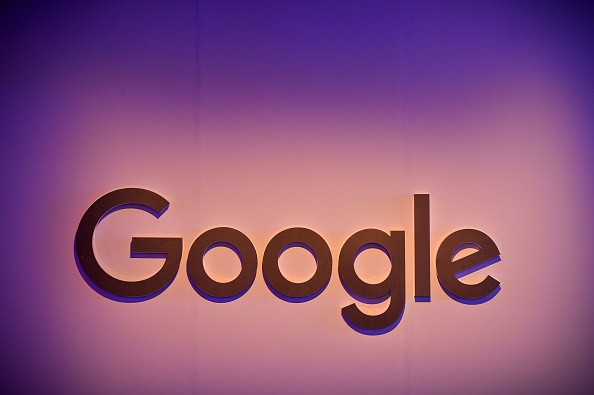Google teaching its AI to predict next sentences of famous dead authors

Google is working on developing smarter AI (artificial intelligence) systems which will be able to understand natural language based on connotation and personality traits of the speaker. The tech giant is currently teaching its AI to recognise and predict the works of famous dead authors.
Google researchers aim to develop AI systems that will understand natural language "at a deeper level", the same way that humans do, by providing it with a conversational context and the behaviour and language patterns of famous dead authors like William Shakespeare, Mark Twain, Walt Whitman, W.B. Yeats, Oscar Wilde and many more.
"In addition to being fun and interesting, this work has the potential to enrich products through personalization. For example, it could help provide more personalized response options for the recently introduced Smart Reply feature in Inbox by Gmail," said Google software engineer Mark Pickett in a company blog post.
Google's blog, written in collaboration with Google engineering manager Chris Tar and Google Research scientist Brian Strope, outlines the tech firm's intention to explore the idea of developing AI systems that can process information in a way similar to human beings. Picket added: "Developing a system that knows definitions of words and rules of grammar is one thing, but giving a computer conversational context along with the expectations of a speaker's behaviors and language patterns is quite another!"
Borrowing on the work of researchers from Project Gutenberg, Google scientists provided their AI with input sentences and asked it to predict what words could or would come next. The AI was asked to "learn" the signature style of particular authors from a "jumble" of millions of sentences from various authors, which was provided to it in the form of base information. Google's AI then had to make a simple "yes" or "no" decision when given pairs of lines to decide whether they match up to a particular author.
In order to reduce the error rate, Google gave the AI another clue, an additional factor that let it compare work — the name of the authors. This added information enabled the machine to make better comparisons and reduced it error rate to 12.3%.
Taking the research further than ever before, Google expanded on its author analysis approach to try and encourage its AI to actually write new lines. This is almost like the legacy of authors being renewed from their final resting place.
Google is not the first tech firm to try to teach its AI to understand human communications by using works of famous authors. Facebook has developed the Children's Book Test (CBT), which uses children's books to help its neural network to better understand semantic connection in written text.
Both Google and Facebook share a common goal — developing smarter AI systems that can eventually communicate better with humans. Such projects will also undoubtedly allow tech giants to develop more advanced products, bridging the gap between man and machine.
© Copyright IBTimes 2025. All rights reserved.





















